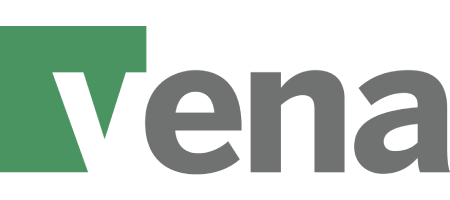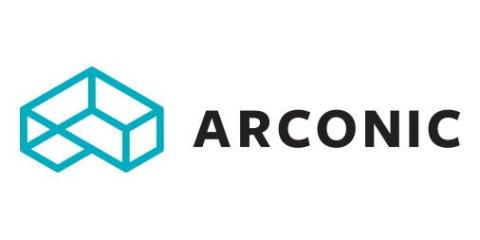Case Study
Building a multi-tiered leadership development program in an inclusive and connected workplace
Vena Solutions
The Challenge
As a leader in the dynamic software development field, Vena understood the importance of investing in the development of their biggest asset - their people. Vena’s partnership with Thomas focused on leveraging psychometric assessments to achieve three objectives:
1. Establishing a multi-tiered leadership development program that would garner executive buy-in.
2. Offering effective team management solutions to leaders at all levels of the organization.
3. Fostering a progressive, inclusive, and connected workplace culture by harnessing the power of individuality.

The Solution
Initially leveraging Thomas solutions through an external partner, Vena progressively integrated Thomas assessments into leadership and team management strategies. The overwhelmingly positive response from employees coupled with growing HR needs motivated Jean Goldsmith, Senior Director Global Talent & Learning, to train an impressive team of in-house Thomas analysts. Using Thomas Behavior and Emotional Intelligence assessments, Vena optimized psychometric insights to achieve all three primary objectives with impressive results.
Psychometric assessments were foundational to Vena’s leadership development program, structured into four progressive levels—from foundational leadership skills to purpose-driven leadership. The Thomas Behavior assessment is introduced in the second level of this program, as a tool to increase potential leaders’ self-awareness. Insights from a selection of bespoke reports are used to establish development action plans tailored to individual strengths. Moving through the higher levels of this program deepens participants’ understanding of the science behind the assessment, how to recognize different behavioral styles and how to use insights during feedback or coaching sessions. The Emotional Intelligence assessment is introduced during the fourth and final leadership level to deepen participants’ understanding of themselves in terms of their ability to manage emotions, handle stress, and work effectively in a team. These insights foster personal and professional growth, which can enhance leadership capabilities and overall performance. Jean explains how Thomas’ Behavior and Emotional intelligence assessment “talk to each other”, working together to guide coaching conversations and build a robust foundation for leadership development through self-awareness.
Growing familiarity with Thomas across the organization, as well as the “phenomenal” feedback shared by participants, inspired the organic integration of assessments as a team management tool. Jean notes that Vena’s C-suite executive team “love the Emotional Intelligence results” and buy-in from these leaders encouraged the expansion of management workshops for leadership at all levels of the organization. Whether it’s one-on-one coaching or merging teams from diverse departments, Thomas’ validated science and deep insights have taught Vena’s leaders to consider “how they approach and address different kinds of messaging, or programs or tasks”. Jean goes on to express how assessments have established a common language across the organization, sharing, “I can walk into the executive meeting now and talk about Behavioral traits, and everybody knows what I’m talking about, and is fully engaged in the conversation”. Vena’s collective understanding of assessment terminology and how to leverage insights in real-life scenarios reinforced an open organizational culture where employees feel comfortable sharing their results with colleagues to enhance collaboration.

The Result
Vena has surpassed their initial objectives and continues to pursue talent development goals in partnership with Thomas. Assessment insights have facilitated more opportunities for individuals at any level of the organization to optimize and understand their performance on a deeper level. In turn, Vena has increased productivity, employee engagement, team collaboration and role satisfaction. When asked what results stood out the most, Jean explains, “It’s the ability to have really open and genuine conversations about how we all like to work…it definitely helps when you’re working cross functionally, and we do a lot of cross functional work”. Thomas’ Behavior and Emotional Intelligence assessments integrated seamlessly with Vena’s organizational culture- built on inclusivity and diversity by supporting the idea that every employee shows up to work differently, and those differences are an asset.









